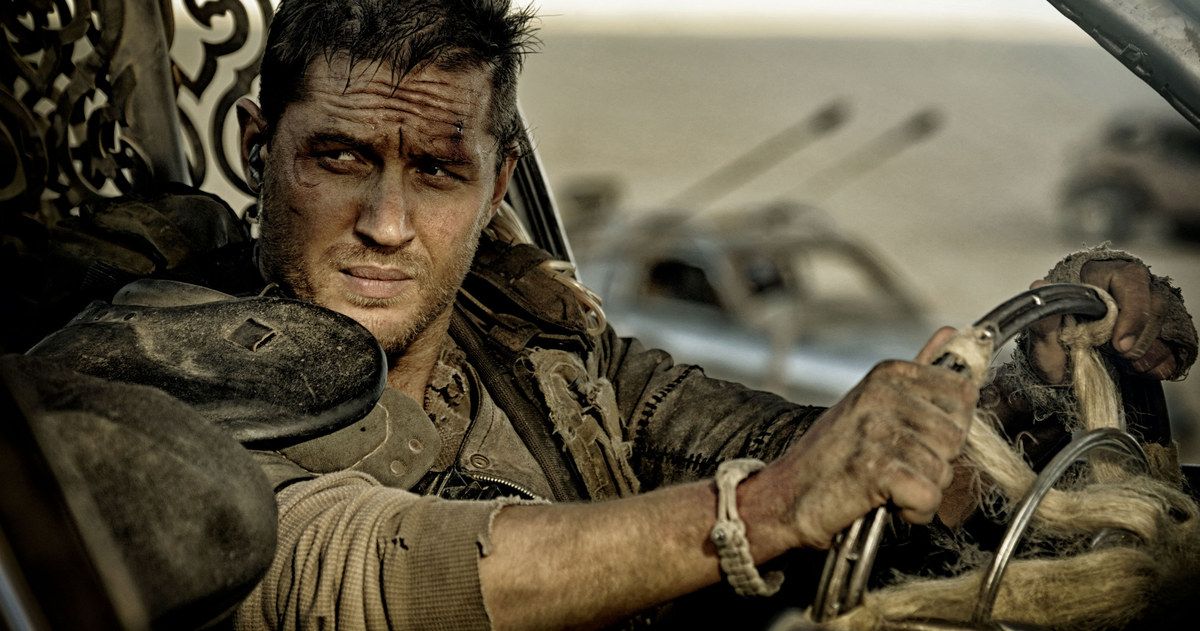What's really happening with Mad Max 5? Warner Bros.' Mad Max: Fury Road was a critical and commercial hit for the studio, taking in $378.8 million worldwide and amassing 10 Academy Award nominations, including Best Picture. But the long-awaited sequels may be in jeopardy. Director George Miller has filed a lawsuit against Warner Bros. claiming they owe him a $7 million bonus for delivering Mad Max: Fury Road under the agreed-upon budget of $157 million, although both sides have differing figures for the production costs. While George Miller's production company Kennedy Miller Mitchell claims the movie cost $154.6 million to produce, Warner Bros. alleges it cost $185.1 million, putting the future of two planned sequels to Mad Max: Fury Road into question.
Miller's production company filed a complaint to the Supreme Court of New South Wales (NSW) in Australia, claiming the studio acted in a, "high-handed, insulting or reprehensible" manner. The studio's behavior reportedly "destroyed" the relationship between the studio and the director, and while scripts for both Mad Max 5 and Mad Max 6 are ready to shoot, this litigation may prevent the sequels from happening altogether. The studio and production company can't even agree on where this court case should take place, with the Supreme Court of NSW deciding late last year this case should be heard in Australia, rather than in California, although Warner Bros. is appealing that decision.
Warner Bros. also claims that their contract with Kennedy Miller Mitchell called for the director to make a 100-minute, PG-13 movie, but the director instead delivered a 120-minute R-rated movie. The production company also alleges they had no clue Ratpac, the company formed by Brett Ratner and James Packer, had come aboard to co-finance when the filmmaker was told to give an executive producer credit to Steve Mnuchin, who is the U.S. Secretary of the Treasury under the Trump administration. Kennedy Miller Mitchell was said to be contractually obliged to be the first company to be asked to co-finance the movie, although the studio made a deal with Ratpac instead.
The $31 million difference in both sides' budget reportedly comes from the reshoots that the studio ordered in late 2013, after the studio made a number of decisions that caused, "substantial changes and delays" to the production that including orders to cut certain scenes and have new scenes be shot. The studio also ordered 10 test screenings of the film, with new changes being requested after each screening. Warner Bros. reportedly agreed that these reshoot costs would not be added to the net cost, but now the studio is alleging that the production went over budget with additional costs that came without studio approval.
While speaking with students at the National Institute for Dramatic Art (NIDA) on Thursday, and asked about the future of Mad Max: Fury Road sequels, the filmmaker would only state, "They're there but that's all I can say. That's in the future." One can only hope that this lawsuit will be resolved in a timely manner and these sequels will move forward. You can read the full report on this Mad Max: Fury Road lawsuit at the Sydney Morning Herald.

